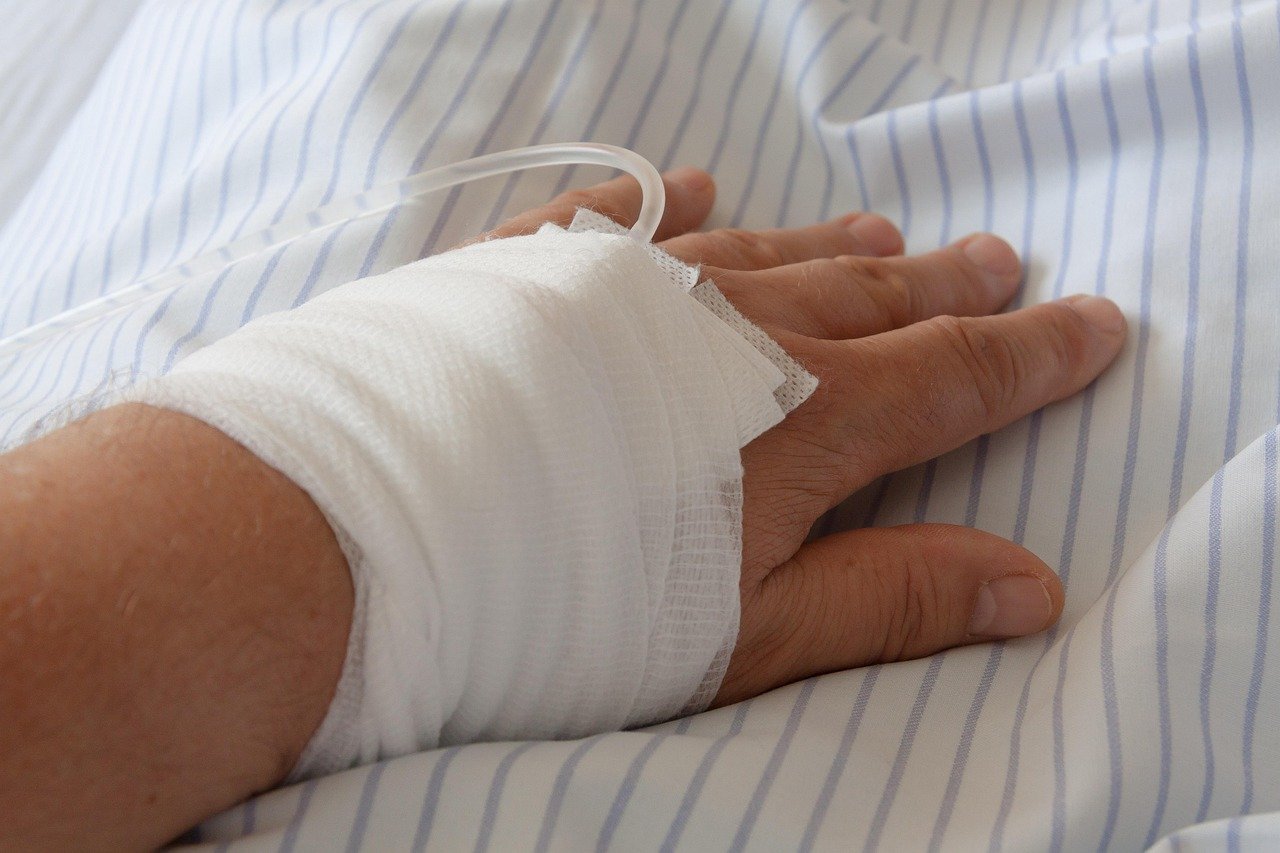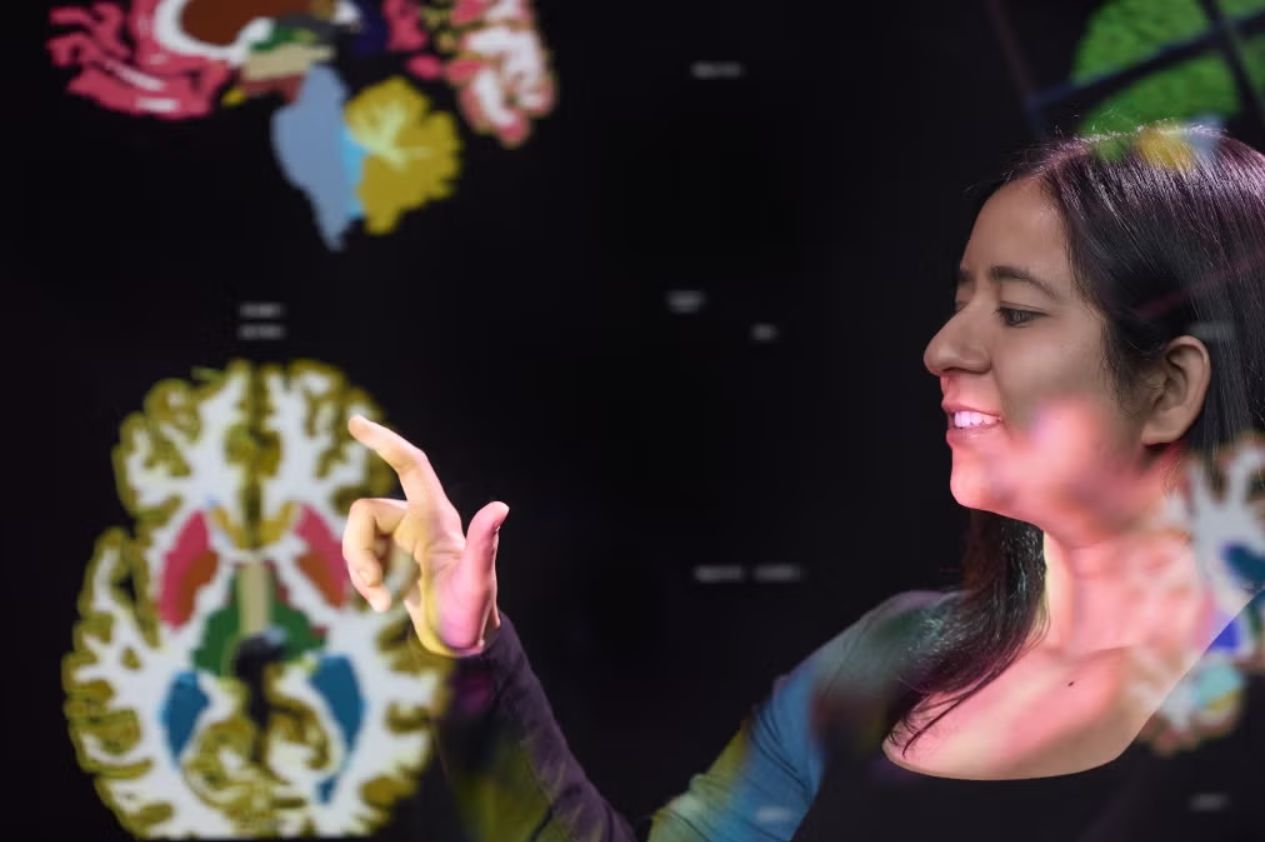
Wandering Prevention Preparations
15 TIPS on how to limit wandering and prevent a person with dementia from becoming lost. (60% of people with dementia will wander off at some point.)

15 TIPS on how to limit wandering and prevent a person with dementia from becoming lost. (60% of people with dementia will wander off at some point.)

Imagine a loved one with dementia who is lost and confused. See why Florida police are training for such encounters.

CBS VIDEO: Traveling with Alzheimer’s? 60% of people with Alzheimer’s wander. Miss Dupuy’s dad wandered off at New York’s LaGuardia Airport. Learn key lessons from what she described as the worst day of her life. See why her family is suing American Airlines.

60% of people with Alzheimer’s wander. Robert surprised everyone when he wandered off at sunset. Police dogs began a 16-hour tense, fruitless search. WMTW-TV arrived to broadcast the news. See Robert wander right into the newscast.

911 dispatchers often have difficulty locating wireless callers. This could be particularly distressing if the caller is a person with Alzheimer’s who cannot give their

Discover compassionate, practical and proven strategies to navigate dementia care confidently, ensuring the well-being of both you and your loved one.

Salk Institute’s J147 is a derivative of turmeric, a spice used in curry. Learn how it fights memory deficits and has a host of unexpected anti-aging effects in the lab.

FDA approves a newly recommended dosing schedule for Kisunla (Donanemab). It’s significantly safer due to lowered ARIA-E rates, which has been the main problem with these drugs.

Three important dementia studies focus on HS-AGING, a type of dementia almost as common as Alzheimer’s in the 85+ group. Yet few people have heard of it. Why? What makes it different?

An intriguing study of 120 grandmothers might surprise you. Doctors know socially engaged people have better cognition and less dementia. But can a person get too much of a good thing? What’s the right balance?

Enjoy this great duet between a musician with dementia and his son. A triumph of spirit over Alzheimer’s! Sing-a-long if you like!

It looks like a sneeze cannot give anyone Alzheimer’s. While Alzheimer’s abnormal disease proteins do spread from cell-to-cell, they are not “infectious”. Check out the facts.
No spam, only news and updates.


